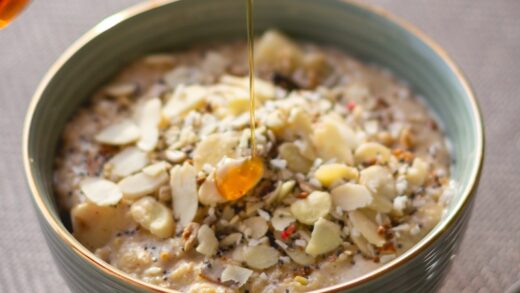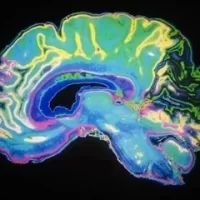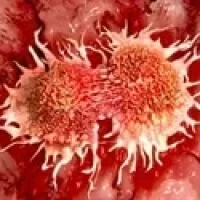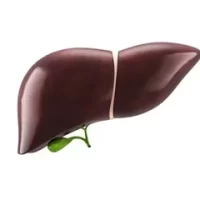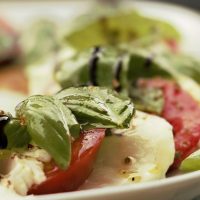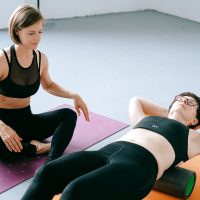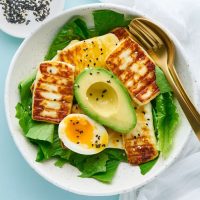Comments like “pain signifies your workouts are going great,” “compression clothing boosts exercise stamina,” or “strength training can help girls bulk up” are likely things you’ve heard. You’ll encounter numerous falsehoods and half-truths from the media, friends, or coworkers as you progress in your fitness. These people may have the best of intentions, but certain falsehoods could hurt your fitness plan more than help. Let’s dispel some myths that exist in the fitness community. Here are the top ten fitness myths that many still hold to be true.
1.Exercise Burns Fat Faster If Done Before Breakfast
The idea behind this is that if you haven’t eaten anything, your body will use the bothersome fat in your cells as energy. That’s not how things operate, though. The issue is that your body depends on a combination of carbohydrates and fats for energy; as a result, it will use the fat in your bloodstream and muscle storage rather than the fat in your fat cells to fuel your workout. You can experience dizziness, hyperglycemia, and dehydration and decide to reduce the intensity of your workout or stop completely. Also, your body may attempt to make up for the fat levels burned during exercise before the meal by burning less fat after you eat.Snack on a fruit or low-fat yogurt at least an hour before your first workout of the day. If your workout isn’t grueling or lasts under an hour, you can go about your day as usual. But if it is a tense workout consuming milk, a whey protein shake, or fresh fruit within the first half hour after the workout will help your body recover well.
2.You Don’t Need Extra Protein in Your Diet
Most people will tell you that you currently take too much protein and shouldn’t add any more (especially if you consume animal protein). The body uses protein to develop muscles and repair them after exercise. If you exercise frequently, you might need to increase your protein intake because activities like resistance or endurance training quickly break down muscle protein. Frequent exercisers should consume 1.2-2 grams of protein per kilogram of body weight per day, whereas inactive people can get by with 0.8 grams.Vegan, vegetarian, or other protein-rich foods can cater to your nutritional needs. Protein supplements are just that. They shouldn’t supplant actual food but rather boost dietary needs when necessary. If you want to take supplements, protein bars, powders, shakes, and capsules are possible options.
3.As long as you exercise, you may eat whatever you want.
Many people believe that they can binge on junk food and then work out to burn those calories off. You won’t get anywhere if you work out while ignoring your diet, and you probably won’t be able to outwork your eating. A huge pizza ordered on the way home will undo your hard work if you burned 500 calories at the gym. If you reach for more and add the dressing or sauces, you will have taken in more calories than you expended.Since foods aren’t the same, calories aren’t always interchangeable, meaning you may not burn them out at your next training session as quickly as you think. Yep, those food calories might be sticking around for a while. Besides, refueling your body refined carbohydrates will leave you feeling hungrier soon enough and reaching for something else.

